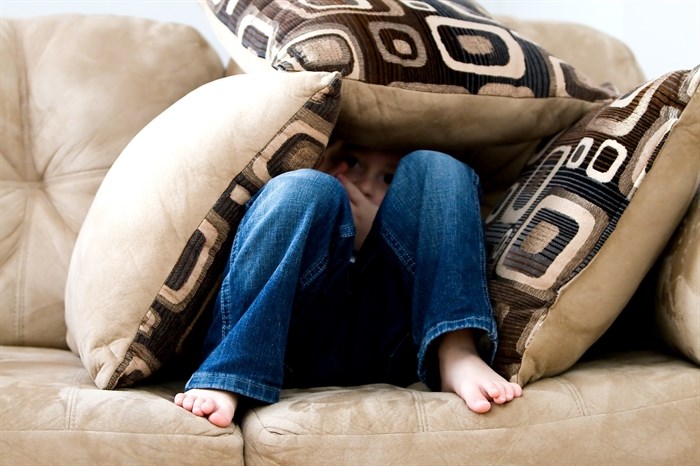
Image Credit: PEXELS
March 22, 2020 - 7:00 AM
Many parents are now home at work with children off from school, not only having to take on the role of teachers, but now having the task of explaining the rapidly changing COVID-19 situation to their kids.
This can be an even more daunting task if those children are already predisposed to anxiety or other mental health issues.
On top of this, parents need to ensure that they’re looking after their own mental health too, especially if they're a single parent.
So how does one accomplish this?
"One of the most important things that parents can do is deal with their own anxiety first. Kids with anxiety issues are extremely perceptive, usually they’re very sensitive to their surroundings,” Shyloe Fayad told iNFOnews.ca.
Fayad is a certified Transformation Life Coach, teacher and single mother of four. She specializes in anxiety, depression, positive psychology, trauma and connected parenting.
The first step for parents explaining COVID-19 to their children is to take a moment to check in with their own anxiety, Fayad explained.
"They can either talk to somebody about it, they can journal about it, they can get really honest with their spouse… or a close friend, just to really dispel some of their energy around it before they talk to their child,” she said.
For single parents, this is especially important.
"Some of us aren’t just single parenting, we’re lone parenting, which means that the other parent isn’t involved in the parenting whatsoever," said Fayad. "Something that I draw on a lot is support from friends. As a single parent, we often feel very isolated."
She stressed that for single parents, or any parent, reaching out for help when you need it is essential.
Before having the conversation with their children about COVID-19, it’s important for parents to connect with their kids.
“Start to bring your child closer. Spend some quality time with that child, strengthening and reinforcing your relationship,” Fayad said. "By doing that, anything you offer as advice, as support, as information will be much more readily absorbed by the child.”
She encourages parents to first connect, before directing the conversation to the pandemic.
"You want to make sure when you’re talking to your child, you’ve created a really warm, loving, reassuring atmosphere,” she said.
She also advises parents to be selective with what information they give their kids, and how much.
"You need to pay attention to your child’s cues, your child’s questions,” Fayad said. "You don’t want to give too much information to anxious children, because it just gives them more things to think about and worry about.”
Sharing verified facts and not engaging with speculation is also important during this conversation, Fayad stressed.
Following the conversation and into the remainder of the pandemic, Fayad suggests that parents find positive distractions for their children, and to offer them support where needed.
"Journalling is an absolutely excellent resource to get everything that’s going on inside, out and down on paper,” she said. "It’s also a great resource for parents who are feeling anxious at this time.”
She also suggests colouring for both children and parents, and drawing for children too young to journal. Reading books, staying active even inside, and watching educational or uplifting movies is also helpful during this time.
Fayad also recommends meditation, particularly for children or parents with anxiety.
"The most simple way of engaging in mindfulness is by noticing. Noticing your surroundings,” she said. "Get in touch with your body and notice what’s going on. Because anxiety really isn’t about anything but being stuck in your head… It’s a fear of being out of control.”
With repeated practice, meditation can have lasting calming effects throughout the day, Fayad said.
Given the current situation, Fayad stresses that checking in with yourself and practicing self care is the most important thing for parents to do.
"Take care of yourself because your kids need you, and without you, they don’t have anybody," she said.
To contact a reporter for this story, email Brie Welton or call (250) 819-3723 or email the editor. You can also submit photos, videos or news tips to the newsroom and be entered to win a monthly prize draw.
We welcome your comments and opinions on our stories but play nice. We won't censor or delete comments unless they contain off-topic statements or links, unnecessary vulgarity, false facts, spam or obviously fake profiles. If you have any concerns about what you see in comments, email the editor in the link above.
News from © iNFOnews, 2020